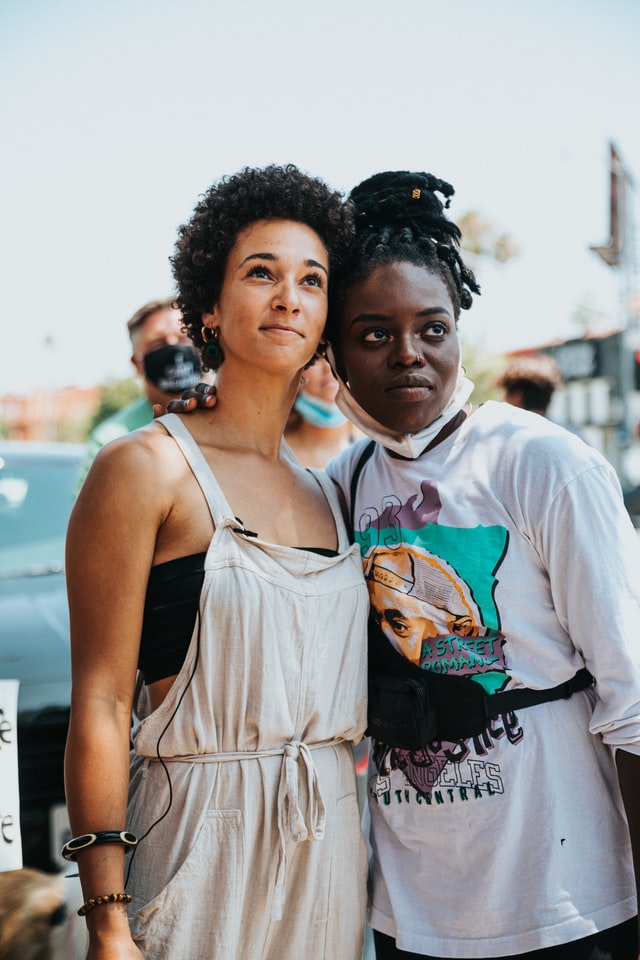You are sad about the end of a friendship. You tell someone. They wonder why you’re so upset. It’s just a friend. This is a common experience for people undergoing friendship breakups. People don’t see your grief as legitimate. It gets isolating, and when others view our grief as illegitimate, we begin to feel that way about our grief too. Why am I taking this so hard? What’s wrong with me? This process explains why it’s so hard to grieve friend breakups.
Friendship breakups are so hard because we don’t get the same permission to process grief around a friendship. We struggle to reconcile how we feel toward the loss with how society says we should feel. We grieve in community; others acknowledge the weight of our loss and it helps us heal. But when they don’t- we develop disenfranchised grief that lingers.
Here’s how to work through disenfranchised grief:
View Your Pain as Legitimate
Seeing friendships as less valuable can impact both the support we receive while we grieve (or lack thereof) and how we process our own grief. Studies find that suppression and not opening up, especially about our grief, can lead to isolation, distress, and fatigue. To avoid suppressing our pain, it’s important to recognize our loss and validate our feelings. We must acknowledge our friendship endings as significant and process them as such.
Share Your Grief with Someone You Can Trust
Although society may delegitimize our grief, we can discern who to express ourselves to and find support from people who understand that friendship loss, too, can be devastating. A study found that while grieving, social support was associated with better quality of life, so opening up can help us process. Everyone might not be understanding, but by being vulnerable about our grief, we are unlearning the hierarchy of relationships and validating the significance of our loss.
Find the Offering in Your Grief
When we can make meaning out of our grief, its pain softens. Although it is important to acknowledge your sadness, you can do this while also being optimistic about what this breakup offers you: perhaps new knowledge about what you need from friends or more time to make new ones, or an appreciation that your grief is a constellation prize for the love you had the opportunity to experience with your friend.
Losing a friend is all the more devastating when the loss is not fully understood or validated by others, but once we acknowledge the influence of friendship on our lives, we create space to fully feel the grief that comes when friendships end.
For more on friendship, read my book Platonic: How the Science of Attachment Can Help You Make–and Keep–Friends.
This article was developed with Teara Jamison, a psychology graduate from Princeton University.



